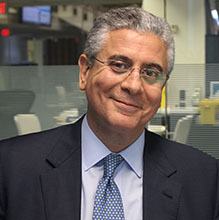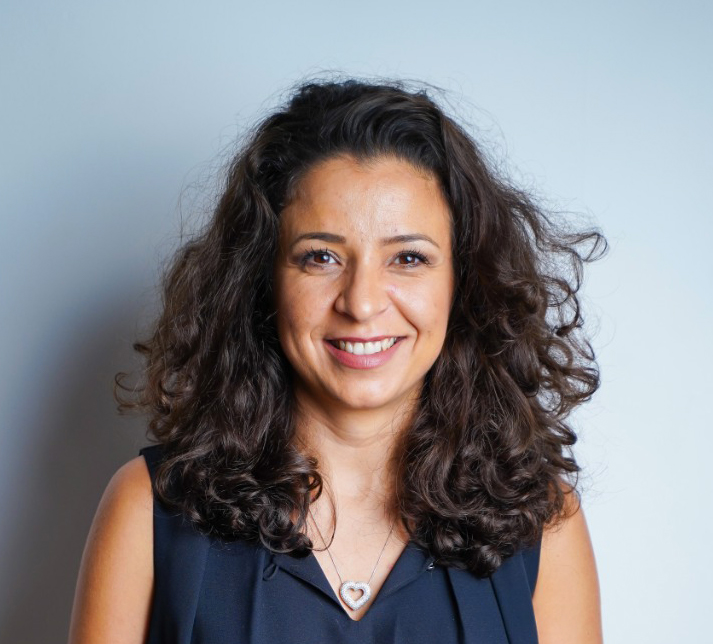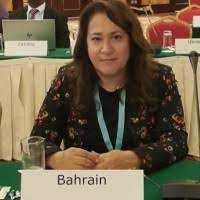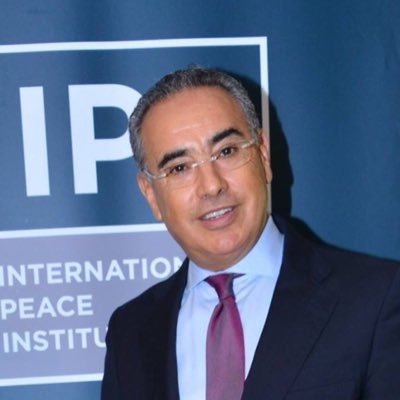'Artificial Intelligence will fuel more women’s entry into Mena workforce'
TDT | Manama
The Daily Tribune – www.newsofbahrain.com
Staff Reporter
Artificial Intelligence (AI) and new technologies are going to increase the female labour force participation rate to 30 per cent in the coming years, said Ferid Belhaj, World Bank Vice-President for the Mena region yesterday.
Mr Ferid was speaking in a webinar titled ‘AI and Development in the Middle East and Africa’ when he made this assertion. The webinar was organised by The International Peace Institute, Middle East and North Africa (IPI MENA), Bahrain.
Mr Ferid said AI can play a vital role in attaining sustainable development goals as it can keep more and more people connected.
“Adoption of AI has significantly accelerated due to the diffusion of digital technological growth. AI is being quickly integrated into our everyday life and was pivotal in responding to the pandemic.
“AI has invited huge interest from the part of policy-makers and we could see the implications in many fields of governance.”
He said Saudi Arabia and the UAE are in the forefront of embracing AI and new technologies and they have formulated a national policy in this regard.
Mr Ferid said there are issues with privacy and transparency and, of course, whether AI could fuel inequality among people is something to be debated.
“However, I feel, if regulated well, pitfalls can be avoided.” Mr Ferid said automation of jobs is not a realistic proposition considering the high unemployment among youth of the Mena region. Mr Ferid highlighted the need to create more technicians and data scientists to take the AI revolution forward.
“What we are seeing now is a brain drain to Europe and the US. Retaining talent is of great importance in this journey and offering a high standard of living is one of the ways to create a pool of AI specialists.”
He said Saudi Arabia offers a perfect example when it comes to creating an AI talent pool. “Currently, there are nearly 25,000 AI highly-talented professionals working in Saudi Arabia.”
He added that the World Bank is committed to safe digital transition while mitigating risks and better digital regulations by closing the digital divide. Mehdi Tekaya, Founder and President of Wevioo Group, said AI is not a new invention.
“It has existed for over 40 years now, but has changed in terms of capacity. “We have a fantastic pool of talent in the region and technology is accessible to everybody. But what we are missing is data, which is important in digitization efforts. New data often leads to developing new usage. And obtaining data is the main challenge.”
Amel Saidane, CEO and CoFounder of BetaCub, said AI can serve many global issues and promote sustainable goals including water security and environmental protection.
“Promoting diversity and inclusion must dominate the ethical aspect of AI and human centric issues must be solved.”
Maha Jouni, Head of African Centre for AI and Digital Technology, said that national policies for AI must offer respect for human rights along with women and youth inclusion.
Dr Eshaa Al Khalifa, CEO of SayG, said handling hackers and scammers will be the biggest challenge when AI technologies are integrated across the world.
Nejib Friji, Director, IPI Mena, said it has already been noted that AI has the potential to fundamentally disrupt markets in the Middle East through the creation of innovative new services and entirely new business models.
“Adoption of AI has significantly accelerated due to the diffusion of digital technological growth. AI is being quickly integrated into our everyday life and was pivotal in responding to the pandemic.” – FERID BELHAJ, WORLD BANK VICE-PRESIDENT FOR THE MENA REGION
Mr Mehdi
Ms Amel
Dr Eshaa
Mr Nejib
Related Posts






